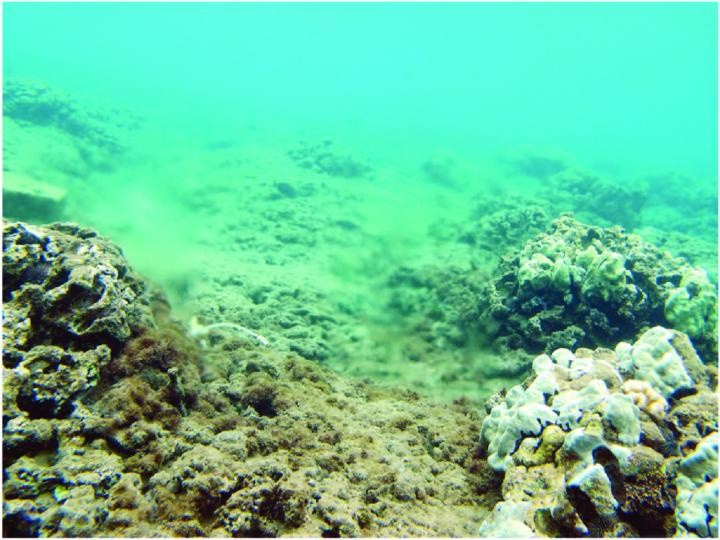An issue regarding the extreme decline in freshwater insects rise and experts believe that it is caused by a common insecticide.
Thiacloprid which is an extensively utilized preservative, is currently being linked to a significant downward trend in water resources pest populations.
Experts and investigators from the Living Lab in Leiden studying the incident revealed the discovery.
Researchers recorded the flying insects in the lab's 36 holes in the ground for the time span of three months. Wherein the experts' findings regarding the study were published in the PNAS journal.
Henrik Barmentlo as well as his fellow researchers, expert in the study filed subjected freshwater insect pests to various concentration range of thiacloprid well into the Living Lab irrigation channels.
Placing an active ingredient that is called neonicotinoid, which is considered as the world's most commonly and widely applied insecticide class.
"We applied feasible concentration levels," Barmentlo explains. As they directly correlate to the concentration range of fresh water that we accurately test.
Rapid Downturn of Freshwater Insects

Though there has still been no compelling proof that the same insecticides are to blame again for wide and deep insect downward slide, what researchers are confident of is that several other insects have been known to be harmed by the neonicotinoids.
As a result, in a one of a kind laboratory activity, the experts captured no further than 55,574 insects which further started flying out from the lab's 36 thiacloprid-contaminated drainage pipes more than a three months' time span.
Wherein experts and investigators distinguished all of the test samples afterwards.
Researchers analyzed the accuracy of the results to nine regulate ditches that did not have any thiacloprid needed to add to them.
Barmentlo even remarked that, "Every one of the species investigated, including dragonflies, beetles, and sedges, experienced substantial reductions. In terms of utter and total actual figures as well as cumulative biomass. In some of the most exceptional examples, the diversification of all the most species-rich cluster, the dance flies, could have been reduced to a single genera."
Impact of the Decline of Freshwater Insect Population to the Ecosystem
Moreover, despite the fact that each and every one of these insect pests play a vital role in their ecosystem, several more insect eating species of birds, for comparison purposes, rely on them for nourishment.
Numerous different investigators and research crews had previously explored that since if there are far more neonicotinoids there in water, the population of these migratory birds decreases.
"It would be quite conceivable that even these species of birds are suffering from a relative paucity of insect pests, or in other utterances, nourishment," Barmentlo explained.
Barmentlo describes the findings as 'distressing.'
During a press conference Barmentlo expressed to the public that, "Due to the seriousness of the large scale insect declining trend, we believe that widespread use of some of the insecticides should indeed be seriously considered."
"The use of thiacloprid was decided to ban in the EU the year before, although not in the rest of the civilized modern age. To help shield water resources insect pests as well as all the existence that varies depending on them, we should really discontinue the use of these neonicotinoides as soon as humanly possible," he further expounded.
© 2026 NatureWorldNews.com All rights reserved. Do not reproduce without permission.





